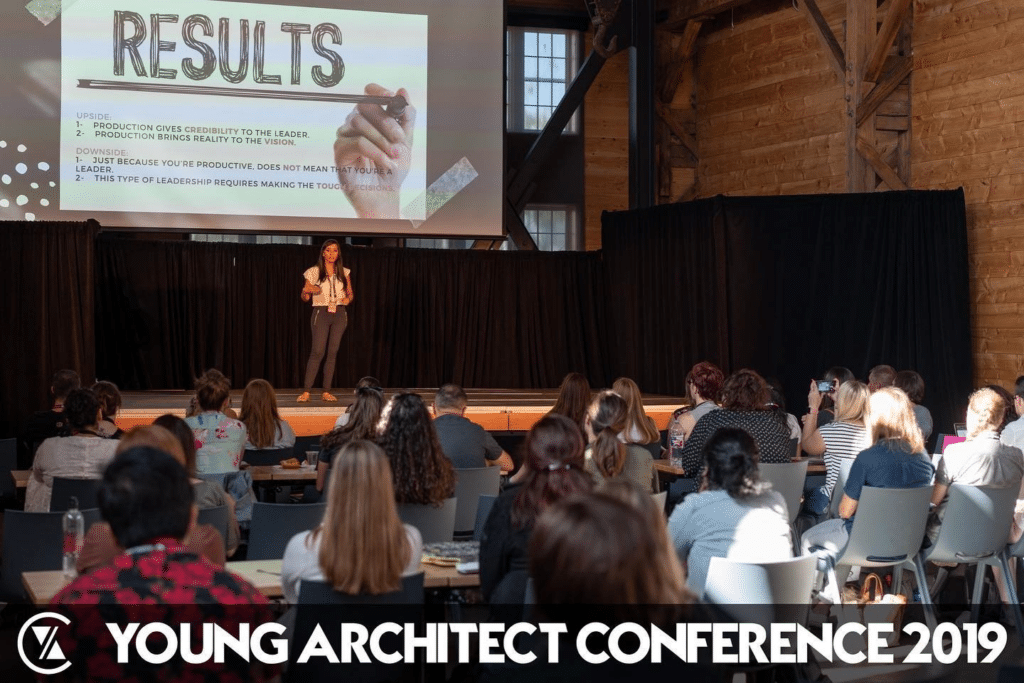Becoming a recognized architect in the United States is challenging, especially for immigrant architects. These professionals face numerous hurdles, from licensing issues to cultural adjustments. However, Gloria Kloter, an award-winning architect and founder of Glow Architects, has turned these challenges into opportunities. Her story showcases her resilience and is a source of inspiration for immigrant architects, women in architecture, mothers, and business owners.
Challenges Facing Immigrant Architects
Immigrant architects often encounter significant obstacles when establishing their careers in the United States. Licensure requirements, language barriers, and cultural differences can make the transition daunting. For Gloria Kloter, these challenges were amplified when she moved from the Dominican Republic to the United States in 2015. Despite having a successful architectural firm back home, her Dominican license was not recognized in the U.S., preventing her from practicing her profession.
Overcoming Challenges
To overcome these hurdles, Gloria had to validate her foreign education, complete 3,740 hours of experience under a licensed U.S. architect, and pass the six ARE (Architect Registration Examination) exams. This process took her four years, filled with setbacks and costly mistakes. However, her determination never faltered, and in 2019, she obtained her architectural license in Florida. This milestone allowed her to establish Glow Architects in 2020, a firm specializing in commercial buildings, corporate spaces, religious buildings, and high-end residential projects.
The Architect’s Journey
Her unwavering dedication and passion mark Gloria’s journey in architecture. Initially, she ran a successful Dominican firm focusing on retail stores, corporate offices, and residential projects. After moving to the U.S. and facing numerous challenges, she persevered and achieved her licensure. Her experience inspired her to mentor other immigrant architects, creating the “Foreign Architects” online community, which has over 3,000 active members to date. She offers free guidance through this platform to help others navigate the complex U.S. licensing process.

Photo Courtesy: Glow Architects
Contributions and Advocacy
Beyond her mentoring efforts, Gloria has made significant contributions to the architecture community. She has served on the Board of Directors for AIA Tampa Bay, founded and chaired the Women in Architecture (WIA) and Young Architect Forum (YAF) Committees, and currently serves as the Architect Licensing Advisor for AIA Florida. Additionally, she is a Board Member of the Immigrant Architects Coalition, advocating for immigrant architects across the country. Her literary works, including the bestselling book The Architecture of Motherhood, further establish her as a leader and advocate for balancing professional and personal responsibilities.
Future Outlook
Gloria Kloter’s journey from the Dominican Republic to becoming a celebrated architect in the U.S. is a story of resilience and dedication. Her mentoring, advocacy, and leadership efforts continue to inspire countless individuals. Looking ahead, Gloria envisions growing Glow Architects while continuing to make a positive impact through her leadership roles. She aims to create more tools and resources for others to succeed, publish additional books, and present keynotes nationwide. Her primary goal is to inspire and motivate others, encouraging them to pursue their career dreams despite the challenges they may face.
By sharing her story and solutions, Gloria Kloter proves that success is achievable for everyone with hard work and dedication. For more inspiration and to stay connected with Gloria Kloter, you can follow her on Instagram, Facebook, X, and LinkedIn. To learn more about her work, visit the Glow Architects website.
Published by: Nelly Chavez









